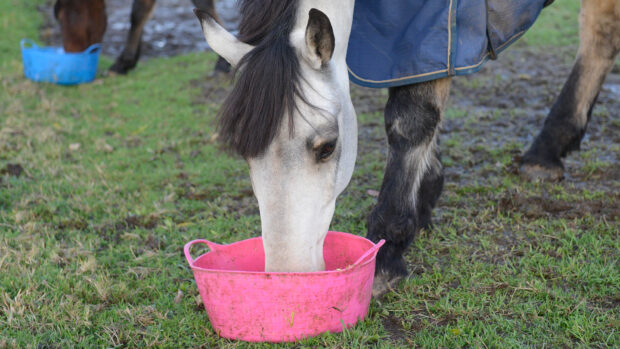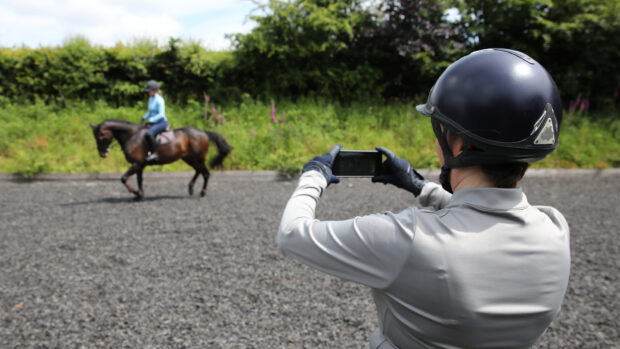Riders are often guilty of overlooking their own nutrition in favour of their horses’, but both are vital for peak performance. Andrea Oakes investigates in this article from the H&H archives...
While their horse’s diets may be planned with precision, how many riders could say the same about their own? Skipping breakfast and reaching for sugary snacks when energy levels drop might get you through the day, but neglecting your nutritional needs can negatively affect your performance and outlook in the longer term. According to British Equestrian nutrition consultant Dan Martin, a more organised dietary approach will pay dividends in any discipline.
“It’s easy to find excuses not to eat well,” says Dan, who acknowledges that the “equestrian lifestyle” – early starts, long hours and frequent trips away – can play havoc with eating habits. “But while the health benefits of good nutrition are well known, many riders underestimate how their diet can influence not just their own performance but that of their horse.”
One positive spin-off of eating well is riding at the optimum bodyweight for your shape and height.
“Showjumping can be described as an ‘anti-gravitational’ sport, in the same way as our own high jump or pole vault,” explains Dan. “It’s not rocket science to understand that the heavier an object, the more force is required to get it into the air. The aim is to be light enough to help the horse but with sufficient energy and strength to control him, which might mean losing or gaining weight.”
The good news is there’s no need for crash diets or complex meal plans. Healthy eating means nothing too faddy, says Dan, rather a sensible approach that fits into a busy lifestyle.
“Begin with just one good habit, building to two or three,” he advises. “The reward then comes from reaching landmarks and goals, whether that’s seeing your weight come down or your energy increase.
“Start each day with a decent breakfast that includes slow-release carbohydrates, such as porridge, with a source of protein like milk or Greek yoghurt and perhaps a few berries,” he says. “Lunch could be a meat-filled sandwich, combining protein and carbs.
“If there’s no time to stop for lunch, have something small every 1.5 to two hours, instead,” he adds. “Riding is not technically an endurance sport, but some of the same principles apply such as the ‘little and often’ approach to refuelling. Suitable healthy snacks include malt loaf, hard-boiled eggs, half a bagel with peanut butter or jam and protein-based yoghurt drinks.
“Base your evening meal around protein, for muscle repair, with two to three portions of vegetables,” he continues. “This is your least active time, so dinner should be less heavy on the carbs. But if you didn’t eat adequately during the day, you’ll need carbs to refuel.
“Fluid intake is also important, especially if you’re working hard and sweating all day,” says Dan, who explains that sweat tests can determine fluid and electrolyte losses during exercise. “Hydrating – or rehydrating – is key. Don’t drink your calories in the form of sugary drinks, and limit caffeine – especially coffee – to the morning, to avoid sleep disturbance.”
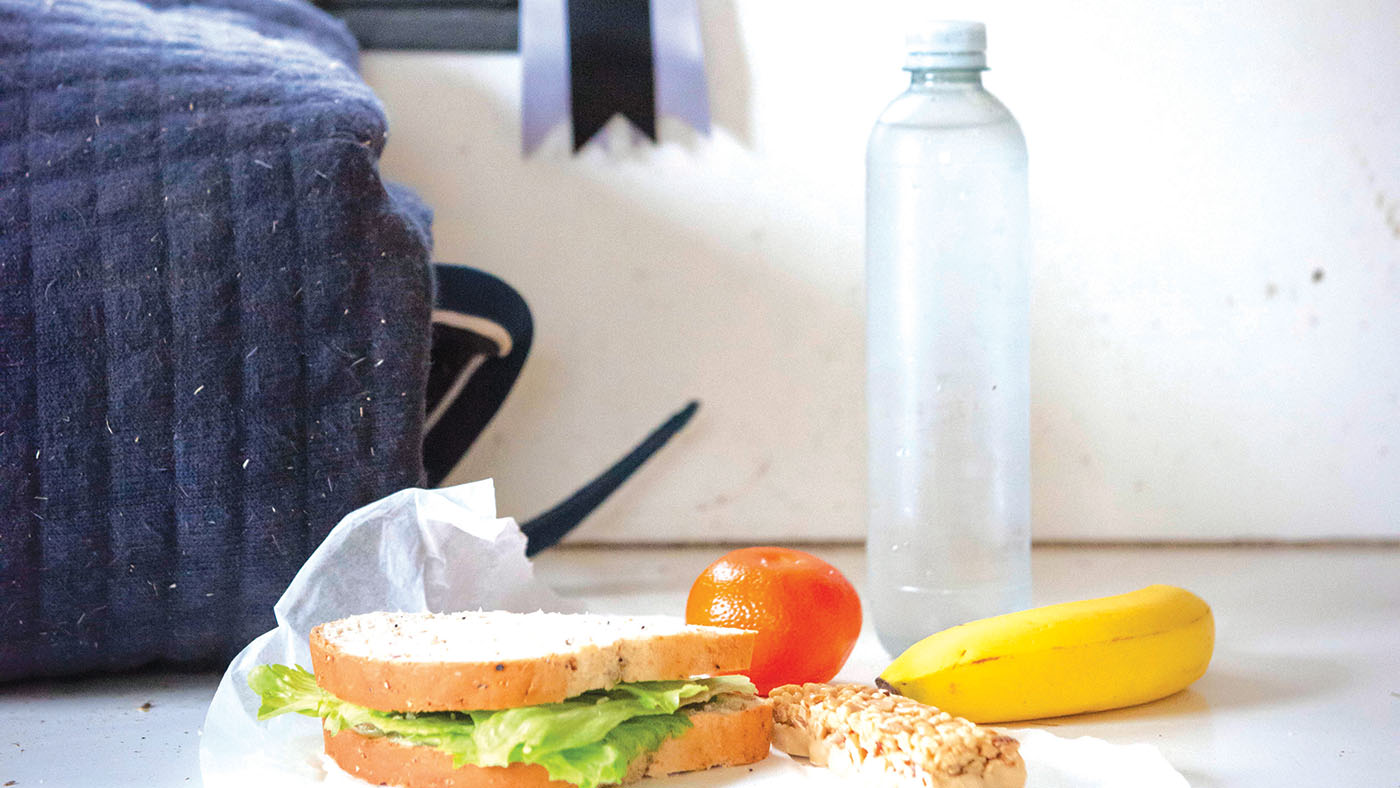
The best intentions can soon unravel during long lorry journeys or at stay-away shows.
“If you’re underprepared, calorie-dense food may be the only option available,” says Dan. “Plan carefully to suit your needs and goals, so there’s less chance of a relapse. While I wouldn’t usually recommend a high-carb meal in the evening, this will set good foundations if you’ll be up early the next morning and won’t have the time or appetite to eat.
“Topping up your carbs and addressing immediate energy needs with flapjack or Jelly Babies just before entering the ring will do no harm for a day,” he adds. “And it’s OK to eat food at weird times – rice or pasta for breakfast, for example – if it works for you. The important thing is that you’re properly fuelled and feel comfortable to perform.
“Your first main meal after the event should balance protein, carbs and micronutrients [vitamins and minerals]. The emphasis is then on repair, so aim for fewer carbs and higher protein. Foods that reduce inflammation – dark green and dark red vegetables, and dark berries – are ideal.”
If you’ve let healthy habits slide over the Christmas period, can you get back to being at the top of your game before you head out competing again?
“Now is the time to eat with winning in mind,” says Dan. “Work towards your optimum weight: try to consume 500kcals less per day than you’re burning to lose weight, or 300kcals more to gain it. Wearable technology such as Fitbit and Garmin watches can help estimate this.
“Clean out the lorry and restock the cabin and living area with healthy, non-perishable goods. Then make a plan for your competition energy needs and practise it now, not on the day that it really matters.”
“Eventing is particularly demanding,” he adds. “We know from racing that every extra pound carried over a mile equals a deficit of one horse length at the finish, so, if you’re a few pounds over the optimum, time-penalties can really add up around a four-mile cross-country course. Over the three days, any excess weight negates the horse’s speed and increases fatigue.
“Carrying weight is also an issue in dressage, especially at higher levels,” says Dan. “Anything we can do to lighten the load is a bonus, causing the horse less undue stress and reducing long-term wear and tear.”
Another key factor for success is the ability to make rational decisions and keep problems in perspective. Could dodgy dietary habits be undermining our motivation?
“Foods that are high in sugar give us an instant feel-good hit, but we become dependent on this and develop cravings,” explains Dan. “A downward spiral follows, where we feel bad about these choices and our mood becomes low.
“We can break the cycle by establishing good habits,” he says. “Yet some riders struggle to address dietary issues because they don’t see themselves as athletes. If you make a living out of riding, you are a professional athlete – and you stand to benefit if you start treating yourself that way.”
Five-star eventer Matt Heath
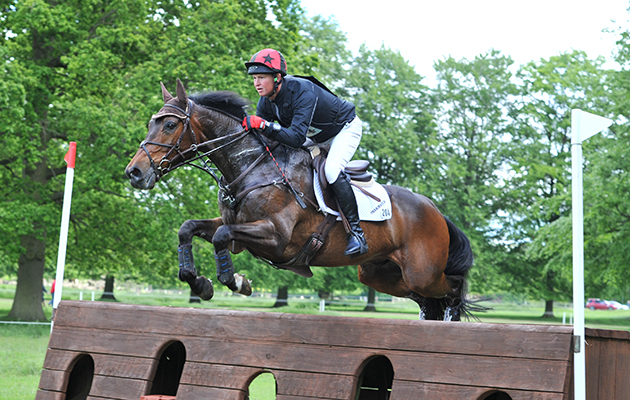
“I never used to eat breakfast,” says Matt, who rides as many as 16 horses a day. “I grew up on a racing yard, as my dad was a jockey and then a head lad, and jockeys dieted differently then. But now I’ll have scrambled eggs on toast.
“The start of the year is tough as we’re bringing the horses up to a level of fitness, ready to compete,” he adds. “I don’t stop for lunch but I often make a snack when I get home late afternoon – maybe a sandwich, or some leftover pasta. I like tea and coffee at the yard, but I also keep hydrated with water or weak squash.
“I have a substantial evening meal such as roast chicken or Thai green chicken curry, with potatoes, rice or pasta and vegetables,” says Matt. “We still eat well when we’re away eventing, cooking in the lorry or lighting the barbecue and making a big salad.”
Dan says: “Eggs on toast is a superb breakfast, providing energy, protein and fibre, which helps us feel fuller for longer. If you struggle to eat in the day, consuming energy and protein in drink form may suit you. Try warm milk, or a homemade smoothie with oats, protein powder and berries.”
International dressage rider Amy Woodhead

A bowl of porridge sets Amy up for her first ride at 7.30am. With up to 14 horses to school, however, there’s no time for lunch.
“I don’t ride on a full stomach because I get stitches,” she explains. “I’m more of a ‘light grazer’. I like a cup of tea, followed quickly by coffee, but I limit caffeine; at the moment, I’m drinking hot water and lemon.
“It is important to eat well,” she adds. “I might treat myself when I buy pastries for the team, or have some chocolate biscuits to dunk in my tea, but I don’t overload with sugar or fast food. It’s only fair to the horses to have some kind of balance.
“I have a good evening meal, such as chicken or fish with vegetables,” adds Amy, who often cooks with meal kits from Hello Fresh. “When we’re away at a show I’m the designated chef; we like chicken fajitas, or spaghetti and meatballs. And I made us all bagels with avocado and egg each morning.”
Dan says: “Top marks for cooking when you’re away. With that workload I’d consider some better high-energy snacks, as biscuits and pastries provide only refined sugar and fat. Good homemade options include peanut butter brownies or banana bread; load them with extra vitamins and minerals to get more bang for your buck.”
International showjumper Georgia Tame
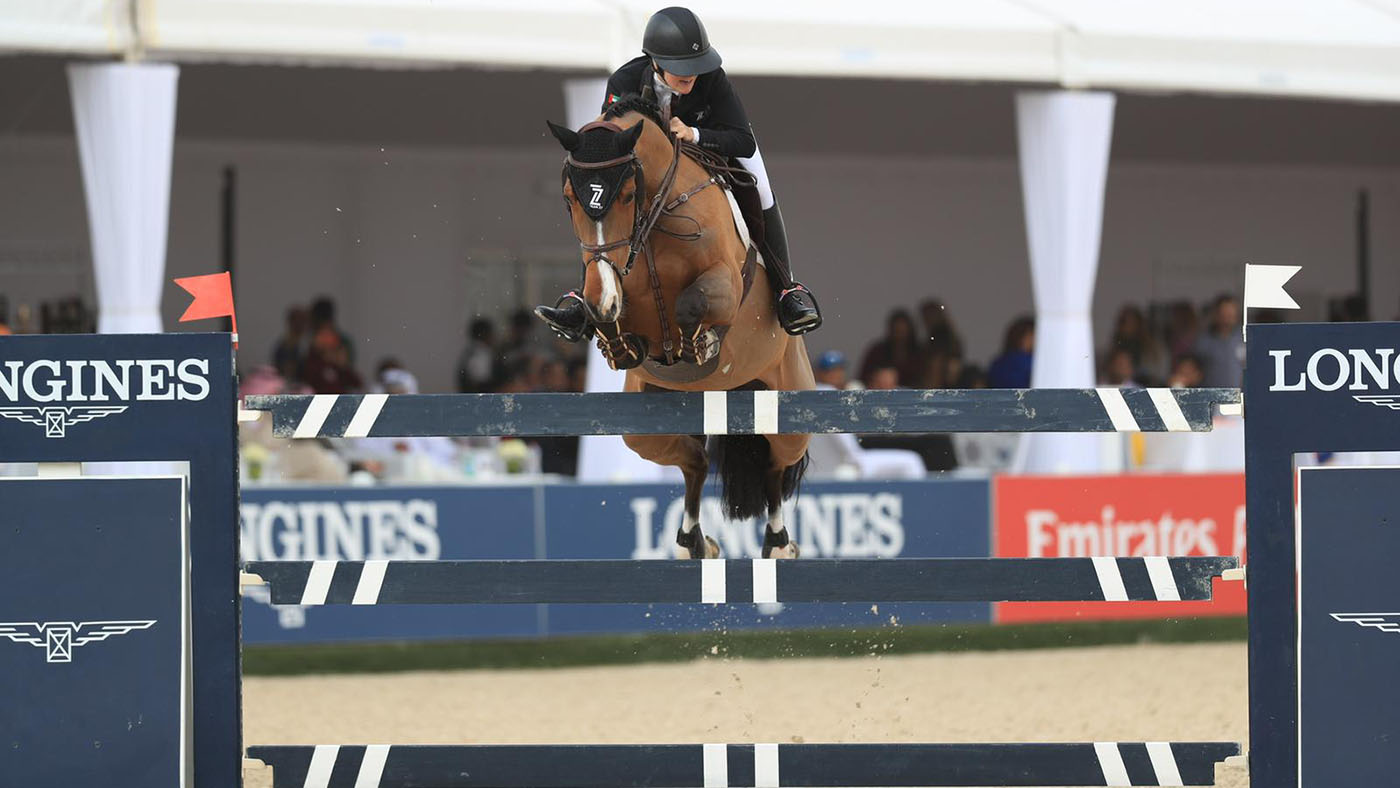
Georgia’s aim is to have strength and energy, whether she’s at her home base or jumping in the UK or overseas.
“At home I start with eggs or cereal for breakfast,” she says. “I stop for lunch if I can, usually soup or a sandwich with some protein in it, but during a busy day I just grab an energy-giving snack.
“My main meal is in the evening,” Georgia adds. “I love food, so each night is different, but I particularly enjoy a Mexican meal or a good steak. I eat a lot of fruit and vegetables, but I am a bit of a chocoholic.”
Georgia keeps well hydrated in hot weather, but finds it harder to drink water when it’s cold. She admits that healthy eating habits are harder to maintain while travelling or away competing.
“Luckily, my nerves don’t affect my appetite on show days,” she says. “Not many venues give you a healthy option, though – it’s normally burgers and chips. I do snack while driving long distances, to keep myself awake, but finding something suitable can be difficult.”
Dan says: “It’s always good to see a varied diet, as this means there’s less chance of a deficiency in certain nutrients. Optimal nutrition while travelling is all in the preparation, so buy your driving snacks ahead of time, not when you’re on the road and hungry. By planning your venue meals, you can steer clear of the burger van.”
- To stay up to date with all the breaking news throughout major shows, subscribe to the Horse & Hound website
You may also be interested in:

Convenience and a healthy diet — how to manage it as a busy rider
How to eat well without compromising taste and time

How does diet affect your riding ability?
How you fuel your body can mean the difference between success and failure. Personal trainer Matt Luxton’s nutritional plan is
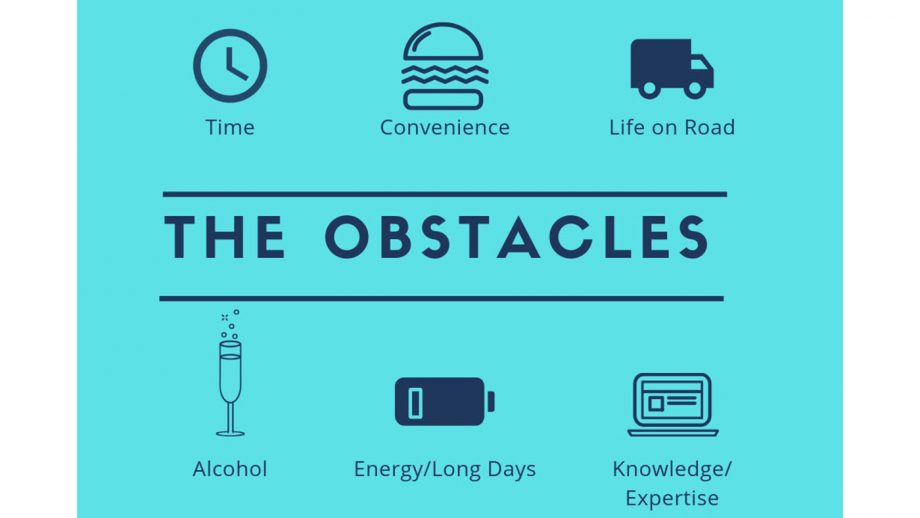
6 obstacles riders think stop them from improving their fitness and nutrition
In the first of a new series, Connor Clennan, a qualified nutritionist and a strength and conditioning coach to professional

Subscribe to Horse & Hound magazine today – and enjoy unlimited website access all year round

